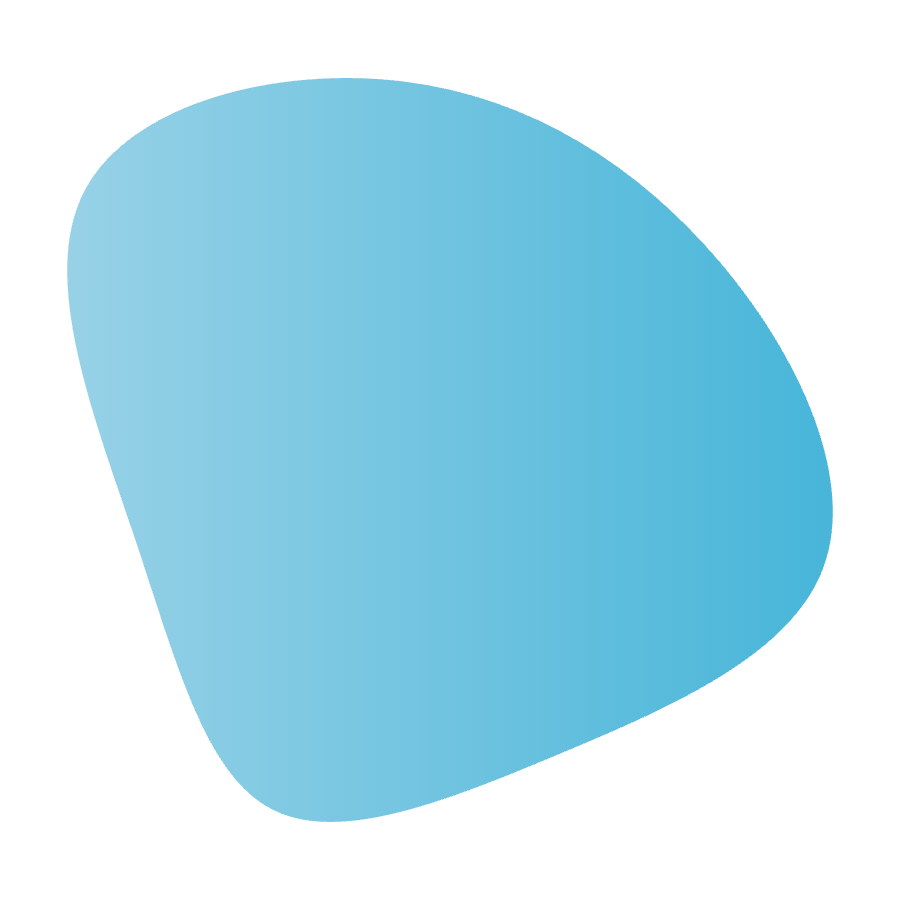Certified Nursing Assistant
Here's a sample job description for a CNA that you can use within your organization. Feel free to download and modify this template to suit your internal needs.
Job Summary
A Certified Nursing Assistant (CNA) plays a vital role in healthcare facilities by offering essential assistance to the healthcare team and helping ensure efficient operations. CNAs perform day-to-day patient care tasks, from assisting with activities of daily living (ADLs) like toileting, grooming, and eating, to measuring vital signs such as blood pressure. They maintain a clean and safe patient environment to promote well-being in long-term care or nursing care settings.
Responsibilities
Direct Patient Care
- Vital Signs Monitoring: Measure and record vital signs like blood pressure, temperature, pulse rate, and respiration. Report significant changes to the nursing staff.
- Activities of Daily Living (ADLs): Assist with ADLs like bathing, grooming, eating, and personal hygiene while maintaining dignity and comfort.
- Mobility Support: Safely transfer patients between beds and wheelchairs, using proper techniques to minimize injury risks for both patient and CNA.
- Wound Care Assistance: Support registered nurses in wound care, ensuring wounds are cleaned, dressed, and monitored per guidelines.
- Rehabilitation Assistance: Help patients perform rehabilitation activities to promote strength and mobility.
Clinical Support
- Medical Procedures Assistance: Assist nursing staff and medical staff during minor medical procedures, providing essential supplies and support.
- Sanitation and Equipment Maintenance: Prepare and sterilize medical equipment, maintaining a hygienic patient environment by changing linens and disinfecting surfaces.
- Medical Documentation: Maintain accurate patient information by recording treatments and responses to care in electronic health records.
Emotional and Communication Support
- Patient Interaction: Foster positive relationships with patients, reducing anxiety and helping them understand treatment plans and dietary guidelines.
- Family Liaison: Communicate with family members to provide updates on care plans and offer guidance to support the patient's health journey.
Administrative Coordination
- Appointment Management: Schedule follow-up appointments to ensure continuity of care.
- Inventory Management: Monitor supplies, maintaining stock for routine patient care while avoiding wastage.
Requirements and Skills
- Proven work experience in a CNA position or similar patient care role.
- CNA certification is required.
- Proficiency in patient care techniques, including taking vital signs and providing mobility support.
- Understanding of medical terminology and healthcare practices.
- Communication skills and interpersonal abilities.
- Attention to detail and adherence to safety protocols.
- Ability to stay organized, prioritize tasks, and handle physically demanding activities.
Education, Experience, and Licensing Requirements
- High school diploma or GED equivalent.
- State-approved CNA training program certification is required.
- CPR and BLS certifications are advantageous.
- Prior experience in nursing homes, home care, or other care facilities is preferred but not mandatory.
Hiring a new CNA? Struggling to maintain employee records? Find an easier way to manage your workforce.
